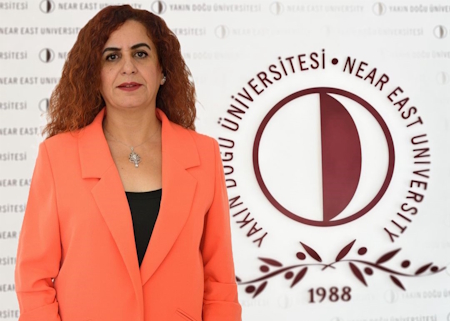
In this inspiring interview, we explore the academic journey of Prof. Dr. Nadire Cavus, a leading scholar in computer information systems and educational technology. From her early academic achievements at Near East University to her innovative contributions to distance learning and cybersecurity, Prof. Dr. Cavus has established herself as a pioneer in her field.
With over 6,000 citations and recognition as one of the top 3% of influential scientists globally, she has left an indelible mark on the academic and scientific communities. In this interview, Prof. Dr. Cavus reflects on her journey, her effective research, and her vision for the future of education and technology.
Can you tell us how you decided to pursue a career in this field? Was there a person or event that significantly influenced your academic journey?
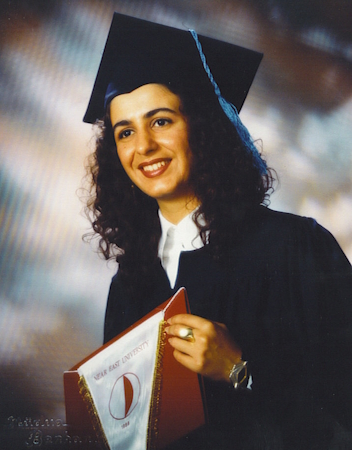
The education I received at NEU further solidified my passion for computer science and ultimately changed my aspirations. Graduating with the highest honors as the valedictorian from both the CIS Department and the Faculty of Economics and Administrative Sciences formed the foundation of my academic journey. With the encouragement of my professors who recognized my analytical and curious nature, I decided to pursue a career in academia. In 1995, I started my master’s degree, supported by a full scholarship from Dr. Suat Günsel. Completing my master’s degree with high honors in 1997 instilled in me a passion for research. Completing my master’s degree with honors in 1997 further deepened my passion for research.” Being an interdisciplinary field, CIS offered ample opportunities for cross-sectoral exploration and integration. This motivated me to pursue a PhD, and I graduated with high honors in 2007. Publishing my PhD research in a prestigious indexed journal was an unforgettable milestone that motivated me to contribute more to science.
![]() “Innovation often emerges from necessity; distance learning was my answer to regional educational challenges.”
“Innovation often emerges from necessity; distance learning was my answer to regional educational challenges.”
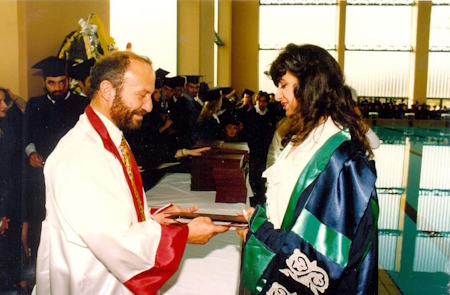
What has been your most significant scientific contribution or discovery, and could you share the story behind it?
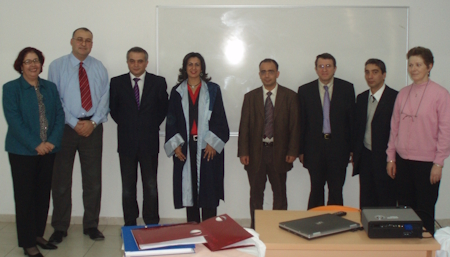
Over the years, my research has expanded to encompass areas such as mobile learning, learning management systems, artificial intelligence, digital transformation, and bioinformatics. To date, my work has received over 6,233 citations, with an h-index of 33 and an i10-index of 61. Being ranked among the top 3% of influential scientists globally in Stanford University’s latest report was an exceptional honor.
“Failures are not the end; they are stepping stones to success.”
How have you dealt with failures in your scientific journey, and what lessons have they taught you?

As a woman in the rapidly evolving field of computer science, what opportunities and challenges have you faced? What advice would you give to young women aspiring to excel in this field?
As a female academic in the rapidly evolving field of computer science, I have naturally encountered both opportunities and challenges. One of my greatest advantages has been my strong communication and empathy skills, which allowed me to seize potential opportunities in projects I worked on alongside my male colleagues. Additionally, in the early years of my career during the 1990s, the number of women working in computer science was significantly lower compared to male professionals. This imbalance presented me with greater opportunities to be involved in more projects in the field, as the representation of female computer scientists was sparse.
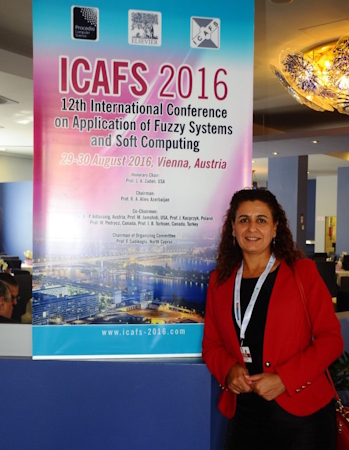
Nonetheless, I can confidently say that my passion for science and the sense of dedication instilled by academia enabled me to overcome all these challenges.
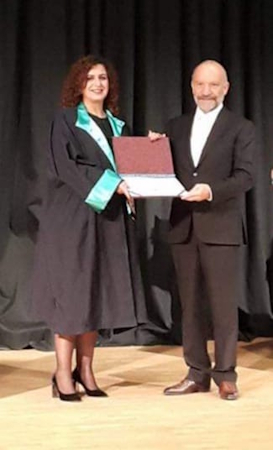
“The security of our children in the digital world is a moral imperative for scientists.”
If there were no limitations, what scientific or societal issue in your field would you prioritize solving, and why?
Information technologies are evolving and advancing rapidly worldwide, and as a result, their usage among individuals is increasing day by day. The purposes for which these technologies are used are of utmost importance. Utilizing technology for the benefit of society is, of course, the ultimate goal we all hope for. However, in the hands of malicious individuals, technology can lead to serious issues that could threaten the very existence of society.
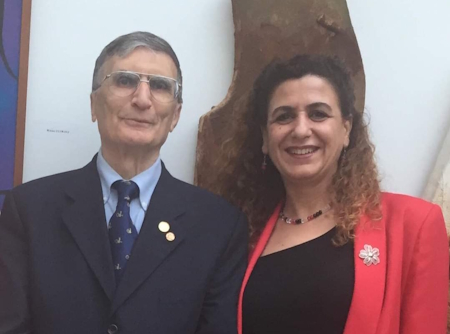
Children, in particular, are frequently exposed to cyberattacks and cyberbullying. The consequences are often devastating—sometimes costing them their lives, other times jeopardizing their futures. Yet, as Atatürk said, “Our future lies in our children.” Children are the foundation of society’s survival and progress. Therefore, my foremost scientific goal is to develop effective cybersecurity systems that can prevent even a single child from experiencing digital victimization.
About Prof. Dr. Nadire Cavus
Prof. Dr. Nadire Cavus is a leading academic in educational technologies and computer information systems. She serves as Chairperson of the Department of Computer Information Systems at Near East University and has published over 15 books and numerous articles in top-tier journals. Her research interests include mobile learning, digital transformation, and cybersecurity. Recognized globally, she continues to shape the future of technology and education.